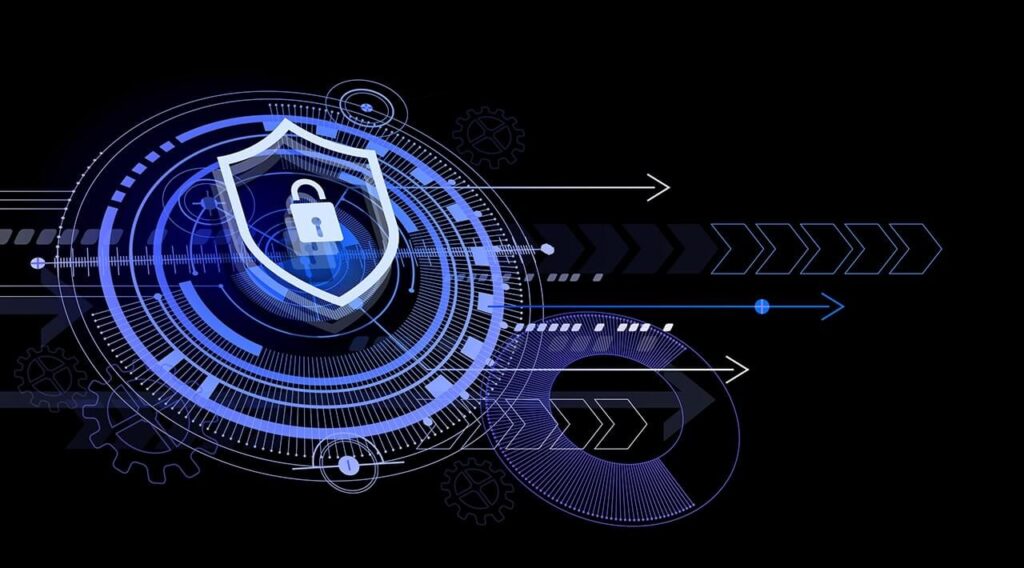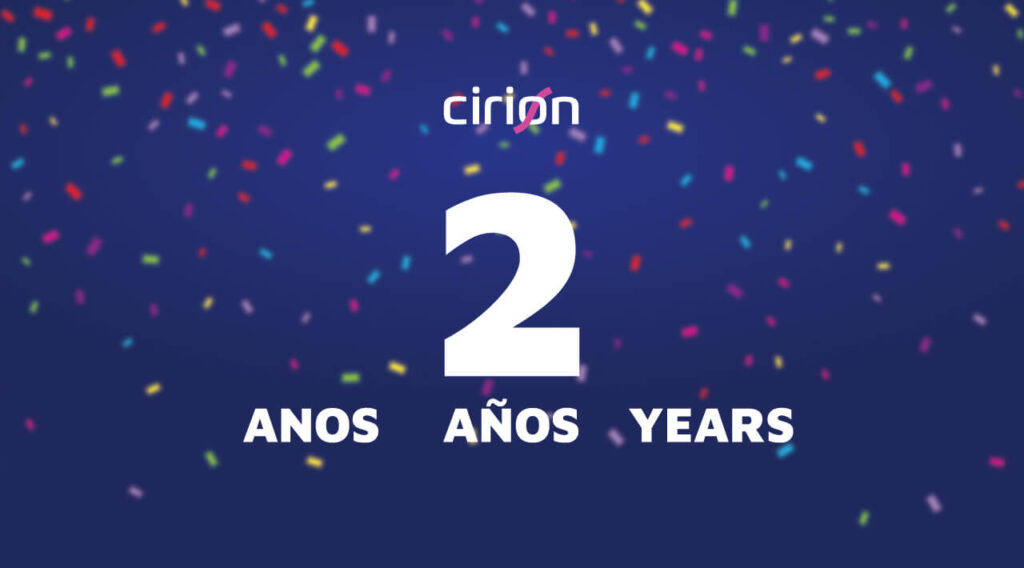The digital transformation that the world is experiencing has brought some challenges to companies, especially considering that the new generations of digital natives are the ones joining the business life of corporations. Generation Z along with the millennials, today represent 80% of the workforce present in work environments, and are the groups redefining consumption and hiring trends, since their virtual digital identity is completely intertwined with their daily lives, and this applies to the way they work, buy, and socialize.
This is why businesses need to renew and improve work standards while keeping their teams motivated and focused on achieving goals. This is the origin of Gamification – a new trend related to including game or videogame elements in work environments, a very useful resource when motivation and behavior are key to success.
With gamification strategies, we can foster and improve employee satisfaction while achieving a better culture in the workplace. According to a recent report by Qualtrics and ServiceNow, during the pandemic 3 out of 5 call center agents reported that customers were becoming ruder and more aggressive. As a result, every week 1 in 5 considered resigning their job. This isn’t sustainable for any business or anyone, and it’s something tougher to address when employees are working remotely/home office.
Gamification has a disruptive focus that challenges employees daily through a series of interactive gaming experiences aiming to increase motivation, improve skills and optimize performance. Individuals become players, rewarded for their progress and achievements in an attractive and fun work environment, while meeting their company’s goals.
This way, gamification leads to a better customer experience and delivery of added work value, as it increases employee motivation and retention, speeds up the employee training process, and promotes positive competition and staff loyalty in the company. Both, employees and companies are benefited from the implementation of these strategies, as they are able to achieve goals and improve performance, therefore obtaining a better work experience.

Author:
Fernando Riedel
Voice and Collaboration product specialist
Cirion Technologies










